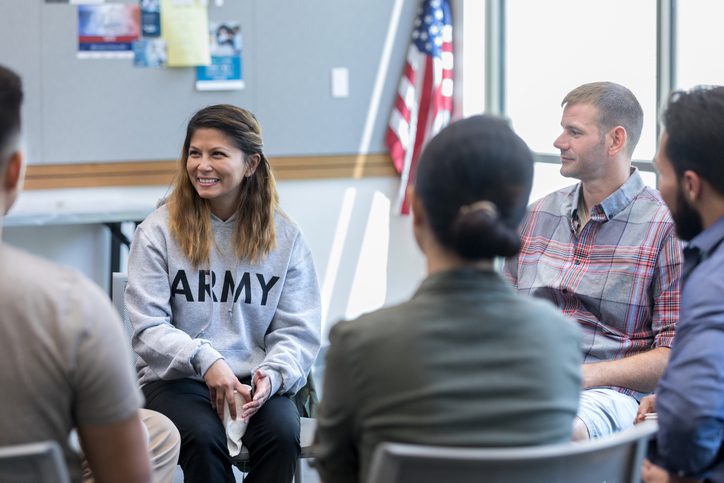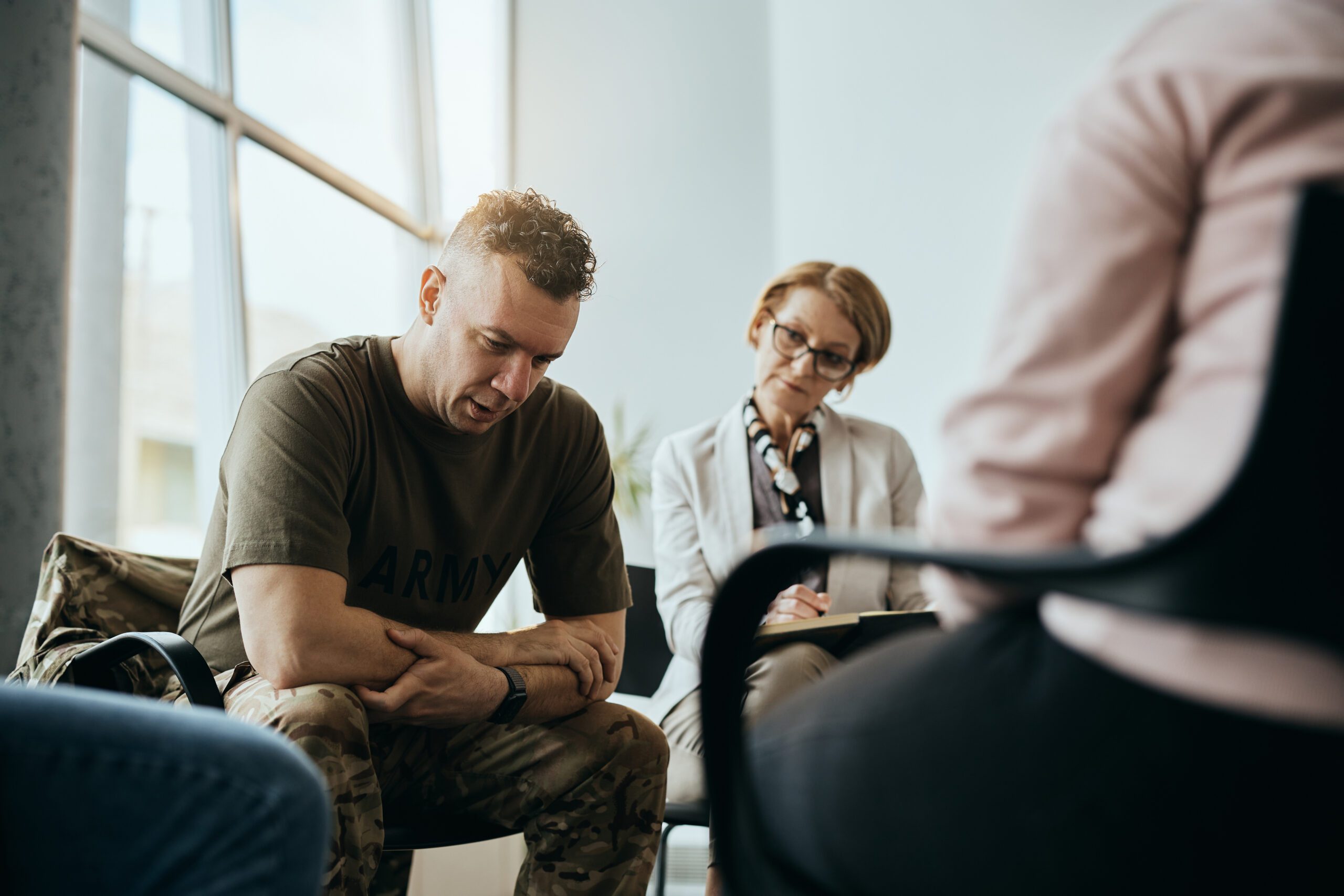Encouraging Trends, Ongoing Challenges
The 2024 National Veteran Suicide Prevention (NVSP) report brings hopeful news: suicide rates among Veterans and active-duty service members have declined. From 2021 to 2022, age-adjusted suicide rates for female Veterans dropped by 24.1%, while rates for female non-Veteran U.S. adults increased by 5.2%. For male Veterans, rates rose slightly by 1.6%, compared to a 1.8% increase among non-Veteran males.
Behind the Numbers
Despite these positive trends, serious concerns remain. The NVSP report outlines primary stressors linked to suicide among service members:
- Mental health diagnoses: 42%
- Relationship issues: 44%
- Workplace stress: 24%
- Administrative/legal problems: 29%
- Financial struggles: 12%
- Assault or harassment: 2%
The data also highlights that Veterans with mental health (MH) or substance use disorders (SUDs) face suicide rates 90.7% higher than those without such diagnoses. Notably, alcohol use disorder (AUD) and misuse of substances like cannabis, opioids, and sedatives—especially benzodiazepines—are linked to a sharp increase in suicide risk. Suicide rates among individuals misusing sedatives rose by 29.2%, emphasizing the need for focused intervention.
What Needs to Be Done
The complexity of Veteran suicide requires a multifaceted approach. A key strategy is raising awareness about culturally competent, trustworthy healthcare services that Veterans can access early and confidently.
Equally important is recognizing the link between trauma, addiction, and mental health challenges. Veterans and their families must be encouraged to seek trauma-informed care using evidence-based practices proven to support long-term recovery.
Combatting isolation is essential. Veterans often feel misunderstood or alone in their struggles. Sobriety Centers of New Hampshire (SCNH) urges communities to promote access to critical support services—not only through the VA, but also through programs founded by Veterans, for Veterans:
- Lifeline for Vets: 888-777-4443 – Peer support for Veterans and their families in crisis.
- Military One Source: 800-342-9647 – Offers relationship and stress management resources for military families.
- Stop Soldier Suicide: 844-317-1136 – Free counseling and suicide prevention for service members and Veterans.
- Veterans Crisis Line: Dial 988, press 1, or text 838255 – Confidential support for Veterans and their loved ones.
How SCNH Is Making a Difference
Felicia Orchard, CEO of Sobriety Centers of New Hampshire, emphasizes the role stigma plays in preventing treatment:
“Many individuals fear judgment—from society, peers, or even healthcare providers. As a result, they often suffer in silence, delaying the care they need.”
SCNH is committed to changing that. Our team provides high-quality, evidence-based treatment tailored to the unique needs of Veterans. With board-certified professionals who understand military culture and trauma, we offer compassionate, effective care for AUD and SUD.
We operate three dedicated facilities across New Hampshire:
- The Antrim House (Antrim): Detox and residential treatment for men and women.
- Recovery Mountain (Tilton): Outpatient residence for Veterans and first responders.
- The Lakes Addiction Treatment Center (Laconia): Comprehensive inpatient, outpatient, and partial hospitalization programs.
We believe in treating the whole person—physically, emotionally, and psychologically. Our goal is to guide Veterans toward lasting recovery and to support them every step of the way.
If you or a loved one needs help, don’t wait. Connect with our admissions team today and take the first step toward healing.





